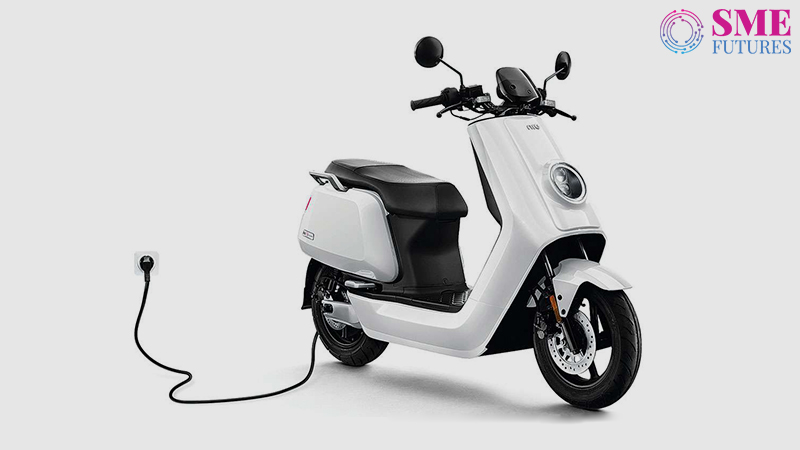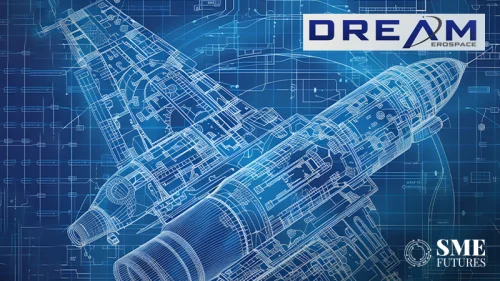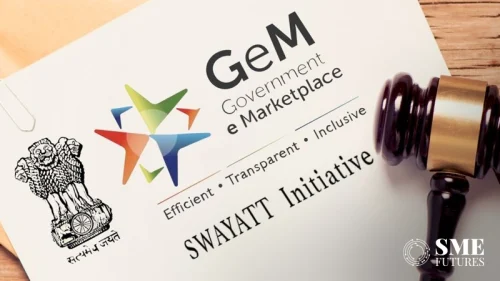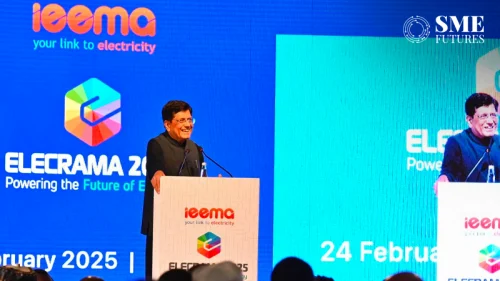The electric two and three-wheelers volume are expected to account for 8-10 per cent and 30 per cent of new vehicle sales in the country by 2025, respectively, owing to low operating cost and attractive subsidy support, among others, said ratings agency ICRA.
The penetration levels in cars and trucks, however, are likely to remain low in the medium-term, it said.
Globally, EVs now account for 4.4 per cent of new car sales during CY2020 and their share is likely to cross 5 per cent level this calendar year, as per ICRA.
Electric two-wheeler (2W) and three-wheeler (3W) segments have relatively lower dependency on commercial charging infrastructure, owing to limited span of commute and can also adopt battery swapping to allay charging related concern for commercial applications.
Furthermore, operating cost metrices continue to favour electric 2W and 3W for commercial operations. In fact, e3W over life of the vehicle will be much more cost economical than its CNG counterparts, it said.
India can capitalise on its vast 2W and 3W segment, to emerge as leading manufacturer of e2W and e3W, globally. However, it will continue to lag in electric car segment, ICRA noted.
While global automotive demand declined during CY2020 due to COVID-19-related impact, EVs remained the bright spot with approximately 40 per cent growth over the previous years, it said.
ICRA said it believes that while the transition to EVs is inevitable, the pace of penetration will be relatively gradual in India unlike global markets like China, Europe, and the US.
Shamsher Dewan, Vice President and Group Head – Corporate Sector Ratings, ICRA, said, “It is heartening to see positive and proactive policy measures taken by the central government as well as various state governments to accelerate EV transition in India.
“However, affordability and range anxiety remain key challenges, especially in the passenger car and truck segment and penetration levels are likely to remain low over the medium term.”











